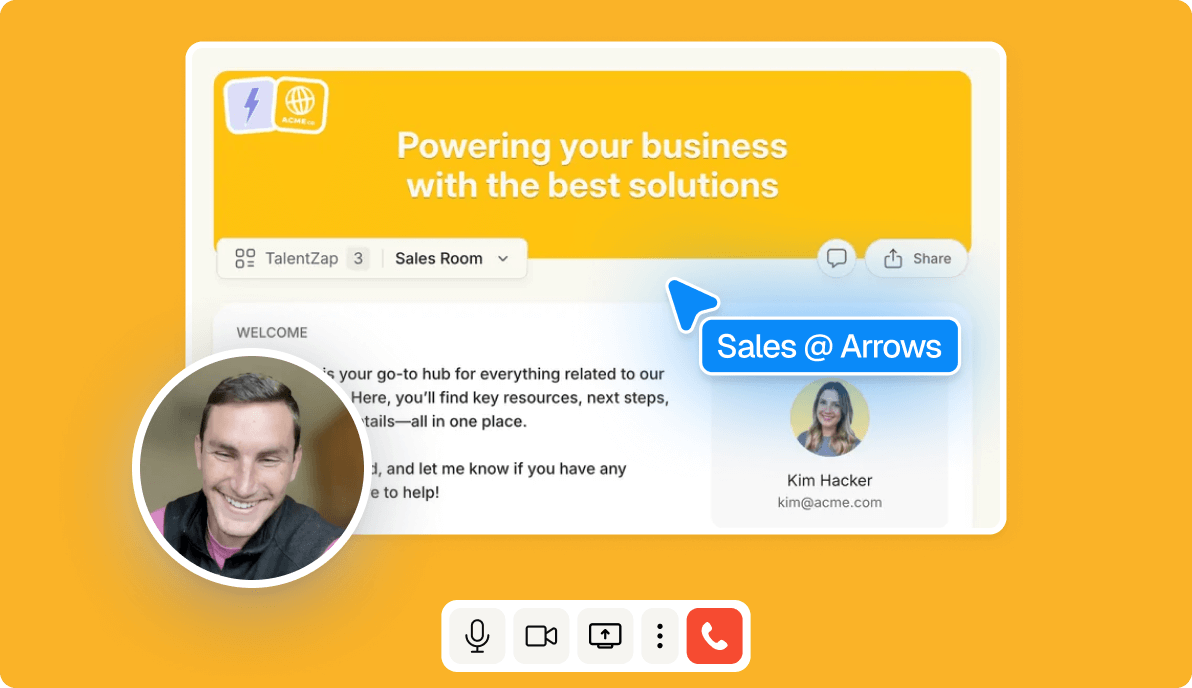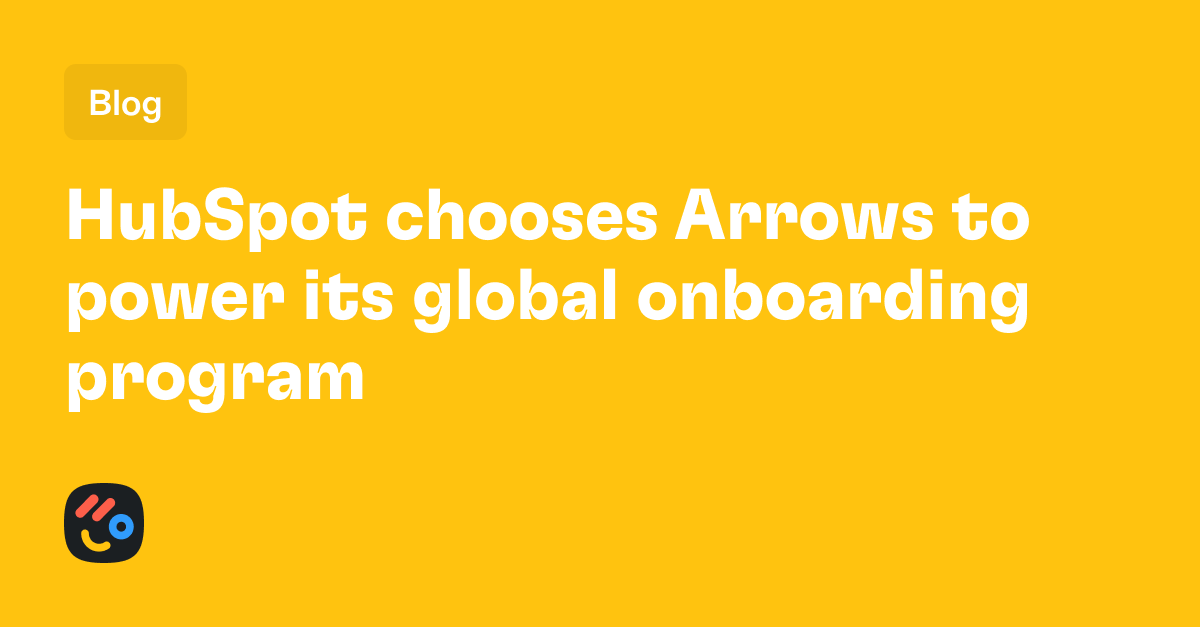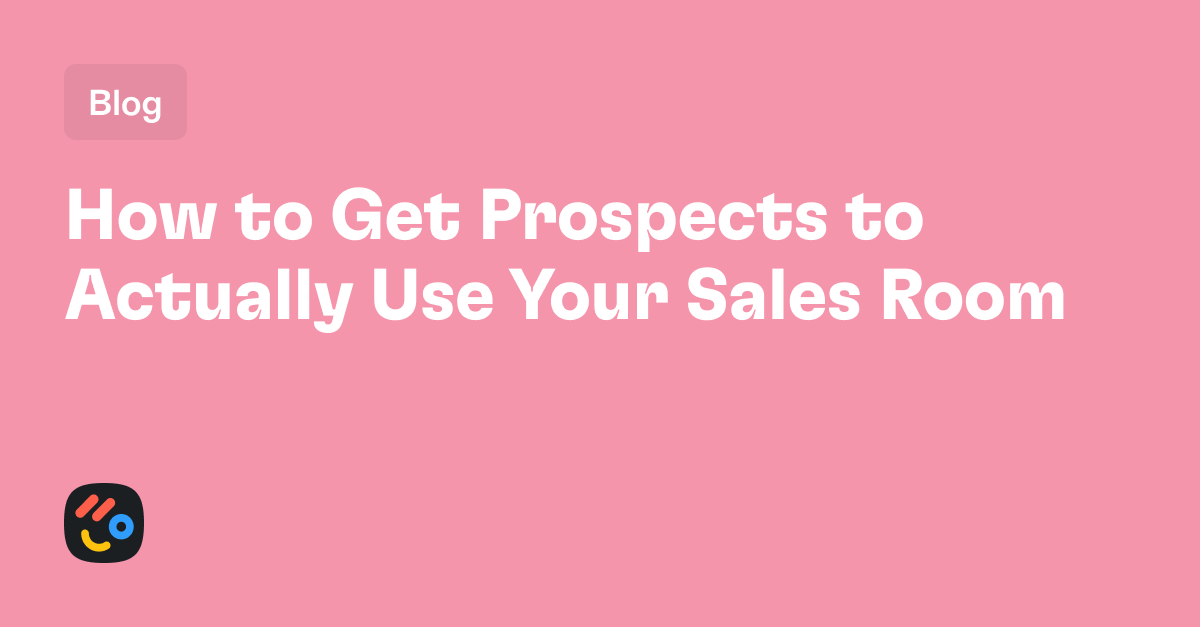High Ticket Sales: How To Close More?

.png)
Table of Contents
In this article, we’ll explain what high ticket sales are, how they are different from low ticket sales, and how you can close more of them.
We’ll also show you the strategies that one of our clients uses to consistently close 4-figure B2B deals and scale their business.
What is High Ticket Sales?
High ticket sales is the process of selling expensive products or services (such as a SaaS product) to clients.
These are products and services that are priced at a premium price to other alternatives on the market.
➡️ Consider the difference between purchasing accounting software for $20/month versus enterprise accounting software for $20,000/month to run a corporation’s accounting operations.
B2B businesses that offer high-ticket products usually target larger enterprises that have the budget to afford it, and in turn, provide them with a tailored solution.
The characteristics of high ticket sales, be it for software or consulting services, include:
- High-priced products, usually over $1,000 in value.
- Longer sales cycles with multiple meetings and stages of lead qualification, nurturing, and relationship building.
- Tailored selling approach, where a dedicated sales representative will explain in great detail what the product is about and how it can solve their problems (e.g., product demos).
Example of High Ticket Sales in B2B
Let’s look at a few high-ticket examples from the B2B industry to get an idea of how different companies position their products and services:
B2B Software
B2B brands like BloomReach are selling software that costs 6 or 7 figures a year.
These platforms are characterized by industry-leading features, such as advanced analytics and AI functionality and their target audience is large enterprises with a large employee headcount.
For example, 3rd party data from Vendr shows that the average contract value for BloomReach costs $180,827/year for a tailored solution.

Consulting
The consulting industry is another place where 6 or even 7-figure deals are being closed, such as with marketing agencies like PHD Global.
Consulting businesses like PHD Global offer premium marketing services to some of the biggest brands in the world, such as Chanel, Diageo, and HSBC.

Corporate Training Programs
Corporate training programs are another example of B2B high ticket sales, where companies like FranklinCovey offer specialized training programs that can cost 5 or even 6 figures.
Leadership coaching companies like FranklinCovey work with some of the biggest companies in the world to train their leaders with tailored training sessions.

High Ticket Sales vs Low Ticket Sales: What Are The Differences?
The main differences between high ticket sales and low ticket sales are the price of the product, the length of the sales cycle, and the level of personalization in the selling approach.

Let’s go over each of them in a bit more detail. 👇
Price of the product or service
The main difference between high ticket sales and low ticket sales is in the price of the product that you’re selling.
- As an industry rule of thumb, high ticket sales are when you are selling products and services that cost $1,000 or more.
- Low ticket sales is when you are selling products and services to cater to a broader audience, or to a more budget-conscious audience.
The length of the sales cycle
The 2nd difference between high and low ticket sales is how much time it takes for your target audience to make a final decision.
➡️ For example, enterprises that have a high budget and are looking for sales enablement software would be evaluating their options for a longer time.
They are likely to research 5-10 different platforms, book meetings with sales representatives to walk them through their products, and then read case studies and negotiate on price before they can make a decision.
That process can take months for some industries.
➡️ Alternatively, imagine that you are searching for affordable marketing reporting software as a 1-man marketing team.
You’d probably sign up for the 1st or 2nd platform that offers a good-looking interface and will sign up for the tool’s no-CC commitment instant account creation with a 14-day free trial.
You will also most likely not need a 30-minute product walkthrough as you prefer to watch a 5-minute YouTube video on how to get started, and you wouldn’t need weeks to decide.
After you end up liking it, you start paying for it.
The level of personalization in the selling approach
Lastly, the 3rd main difference between high-ticket and low-ticket sales is the level of attention and personalization that brands give clients in the selling process.
- High-ticket sales tend to have a tailored selling approach, where they’d have a dedicated sales and customer success team ensuring that the client’s needs are met and are on their way to getting a return on their investment.
- Low-ticket sales are often faceless, without product demos or the products having to deeply understand your business. The onboarding process is standard for all clients, and so is the solution.
How To Close More High Ticket Sales?
Now that we are clear on what high ticket sales are, we’ll show you 8 tips on how you can close more high-value deals for your business:
Tip 1: Use Sales Deal Room Software
Digital sales rooms give your clients a single, organized space for every resource, update, and next step in their buying process with your product or service.
You can send out sales rooms to your prospects to control the narrative, build momentum, and secure more deals.
Your sales team can use sales room software like Arrows (that’s us) which has a best-in-class HubSpot integration to make deal management easier with milestone tracking and providing real-time updates.

Arrows sales rooms will enable you to close more high-ticket deals by:
- Engagement activity sync back into your HubSpot account in real-time, including creating and associating new contacts discovered with the deal in the CRM.
- Real-time alerts of when tasks are completed or when your clients ask questions in the sales funnel.
- Resource sharing: Unify all resources and data about each lead.
- Next meeting sync: A component that stays up-to-date in real-time based on your next scheduled meeting in the CRM. You would not have to rely on link-dumping.
- Tracking buyer engagement to see which leads view the sales rooms in real-time.
💡 Our users are achieving a 44% higher win rate with our digital sales rooms than the average win rate for deals over the last 12 months.

How To Set Up Arrows Sales Rooms In Your HubSpot Account
Once activated in your HubSpot account, Arrows sales rooms can be set up from any existing deal that you have in the CRM.
You can edit and publish the sales rooms directly through Arrows, which lets you personalize each room to your prospects.
Your team will then receive updates on room engagement, including views and updates, via the deal’s activity feed.
💡 You can link sales rooms in email snippets sent from your HubSpot account, keeping everything connected.

To help you personalize the sales rooms to your customers, Arrows lets you customize the room’s content based on your prospect’s needs and HubSpot data.
➡️ Arrows sales rooms enable you to equip champions with perfectly packaged information that they can share with their internal teams with confidence.
❗Note: Arrows was built for teams that run on HubSpot.
How Roobrik Is Closing More High-Ticket Deals With Arrows Sales Rooms
Roobrik has transformed its post-demo process with Arrows sales rooms by changing their approach from a feature and resource ‘’dump’’ to a more dynamic and collaborative workspace.
The B2B SaaS brand is able to close more high-ticket sales by delivering a unified client journey - from the first touch to ongoing customer success.
Learn more about how they did it:
Tip 2: Use Interactive Demo Software
Interactive demo platforms are a presale tool that enables you to build interactive walkthroughs of your SaaS product.
Instead of waiting for your customers to schedule a demo with you, you can embed interactive product demos on your website to educate potential buyers quicker and close high ticket sales faster.

➡️ The way these interactive demo platforms work is that you can build a guided product walkthrough of your product by taking screenshots of it and putting it together with voiceover and text.
Or, you can clone your product and let your customers experiment with it without a pre-built path for them.
💡 Interactive demos also enable your brand to stand out while enterprise businesses are doing due diligence on various platforms.
If your competitors are yet to start implementing product demos, you might be the pioneer in your niche with that technology and prospects will notice it.
Here’s an example of Loop Returns, seemingly the first returns management platform that started showcasing how their returns portal would look on an e-commerce platform:

Tip 3: Learn How To Handle Objections
Moving away from platforms, one advice on how to close more high-ticket sales is to learn how to handle objections properly.
Anas Ramadan, the founder of Sales Cafe, touches on the issue that the lack of proper objection handling is what is losing deals for many sales reps.

The sales expert argues that objection handling is important even though your B2B brand has a good offer and despite conducting throughout research on your customers.
Anas recommends the following tricks for dealing with objections to win more high-value deals:
- Keeping track of the most common objections that your clients have.
- Learning frameworks for handling objections.
- Learning how to use analogies to portray the value of your product.
💡 One of the frameworks that our sales team is using is the ‘’LAARC’’, which stands for listening, acknowledging, assessing, responding, and confirming our clients’ objections.
Tip 4: Build a Relationship With All Decision-Makers
Building rapport is one of the first things that salespeople learn and is a core principle of sales in general.
But in high-ticket sales, you are often dealing with multiple decision-makers. That means not accommodating one of them could result in losing the deal altogether.
Research from Gartner shows that in complex B2B deals (high-ticket sales), there can be 6 to 10 decision-makers.
This is how the term sales multithreading has been coined - the skill of creating, nurturing, and building relationships with multiple decision-makers across your buyer’s company.
💡 One of the benefits of sales multithreading is also solidifying the deal and minimizing the risk of losing the client because you would not be dependable on that one champion being on your side or staying in the company.
Tip 5: Build Authority Early On In The Sales Funnel
The reason why corporations are willing to give companies like PHD Global millions of dollars to run their marketing or thousands of dollars to FranklinCovey to train their leaders is because of the reputation they’ve built in the industry.

To close more high-value deals, your brand will need to start building authority early in the buying journey.
Authority can be built in a variety of ways, such as:
- Showcasing your customers.
- Showing your G2 rating and app installs.
- Send your prospects detailed case studies.
- Conducting industry-leading research and ‘’state of the industry’’ reports.
You will have an easier time selling if your prospects are convinced your brand is trustworthy and reliable.

Tip 6: Create Mutual Action Plans
You can create mutual action plans with your prospects to align on the next steps in the buying process.

We believe that getting alignment and buy-in with your prospective clients is the foundation to a successful close, as you’ll quickly identify roadblocks and provide a fast path to value.
💡 We built a free mutual action plan template to help you get started! Once you’ve added all the details and prospect information, you will be able to send it to your prospects.

Tip 7: Send Out Tailored Proposals
You can close more high-ticket deals by sending out personalized proposals that contain:
- A personalised quote that you’ve been for them based on their needs.
- Interactive pricing tables so your customers can build a pricing structure that works for them.
- Integration with an e-signature so your prospects can sign on the spot if they see that there’s a fit.
Sales proposal platforms like Qwilr let you build and customize proposals from ready-to-use templates that you can tailor to your prospects.

These platforms also enable you to track the engagement inside of the proposals to see who has viewed the proposals and engaged with them.
Tip 8: Experiment With Sales POCs
Sales proof of concept (POC) is when you offer your prospects a smaller-scale solution of your product or services for either a small fee or free of charge to get initial results or see how your solution works.
➡️ This is a common practice in the consulting industry (since there are no free product trials there) where an enterprise will agree to test out the consultants’ services on a small project to see their working process and results.
Some B2B SaaS solutions also offer sales proof of concept, such as Salesforce in the past, where sales specialists walked you through a tailored demo.
Here’s an old video of how Salesforce used to do sales proof of concepts:
💡 The reason why POCs are effective is because they de-risk the purchasing decision for the customer, and act as a trust-builder for the seller.
What Are The Best Marketing Channels for High-Ticket Sales?
The best marketing channels to support sales-led motion according to our in-house sales experts include LinkedIn, industry events, and SEO.
#1: LinkedIn
LinkedIn is a powerful marketing platform for B2B sales professionals due to the platform’s ability to connect you with key decision-makers.
The social platform is a place where you can network with professionals from various industries and either use the tool for rapport building or cold outreach.
Alternatively, you can use LinkedIn for targeted advertising.
The platform offers advanced targeting options, where you can reach decision-makers in specific industries and with specific job titles.

Lastly, you can use LinkedIn to build an online presence for your brand and share valuable content with your target audience.
#2: Industry Events
Industry events are one of our favorite ways to showcase our product to our target audience.
They are a good place to interact face-to-face with prospective customers and to pitch your products while networking.
Furthermore, you can host a workshop or speak at an event to position your brand as a thought leader and a disruptor in the industry to generate demand.
For example, Arrows went to HubSpot’s INBOUND event, where our CEO Daniel Zarick was a guest speaker discussing customer success stories.

#3: SEO
Last but not least, SEO is one of the best marketing channels for securing high-ticket sales.
Search engine optimization (SEO) is the process of optimizing for keywords by producing supporting content and product or category pages.
Unlike paid advertising which relies on spending money to acquire new customers, SEO is an organic growth channel that lets you build a sustainable source of traffic over the long run.
The reason why it’s a good channel to invest in for high-ticket sales is because your brand can become easier to find by customers looking for a solution to their problems or to switch from an existing solution.
For example, if a prospect is looking to switch from Salesforce, one of the places for alternatives they’d look for would be Google.
The first few pages to appear on Google will be able to control the narrative on what the best alternatives are to Salesforce:

💡 With SEO, your brand can control the narrative of what is the best alternative to your competitors.
Close More Deals With Arrows
Our sales room software helps your team close more high-ticket deals and keep prospective clients engaged with mutual action plans, resource sharing and milestone tracking.
Apart from that, Arrows offers separate purpose-built onboarding plans and client portals that help you manage the entire customer lifecycle out of one platform.
If you’re a sales leader looking for a sales enablement solution that offers:
- Effective buyer engagement tracking to help you see which prospects are viewing the sales rooms in real-time and insights into buyer intent.
- A best-in-class HubSpot integration, which is available for all pricing tiers and lets you sync 50+ real-time data points.
- Other presale features, such as real-time alerts, buyer engagement tracking, and next meeting sync.
Then you can start with Arrows sales rooms for free.
Your customers will be happy you subscribed to our newsletter.
Join 14,000+ subscribers who read the Happy Customers newsletter—it's jam-packed with tips-and-tricks about sales, onboarding, HubSpot, and winning happy customers at scale.





